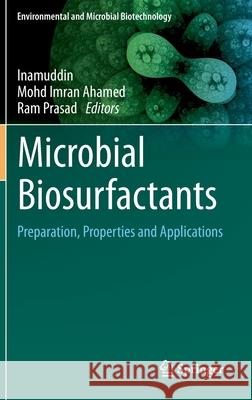Microbial Biosurfactants: Preparation, Properties and Applications » książka
topmenu
Microbial Biosurfactants: Preparation, Properties and Applications
ISBN-13: 9789811566066 / Angielski / Twarda / 2021 / 314 str.
Microbial Biosurfactants: Preparation, Properties and Applications
ISBN-13: 9789811566066 / Angielski / Twarda / 2021 / 314 str.
cena 805,10
(netto: 766,76 VAT: 5%)
Najniższa cena z 30 dni: 771,08
(netto: 766,76 VAT: 5%)
Najniższa cena z 30 dni: 771,08
Termin realizacji zamówienia:
ok. 16-18 dni roboczych.
ok. 16-18 dni roboczych.
Darmowa dostawa!
Kategorie:
Kategorie BISAC:
Wydawca:
Springer
Seria wydawnicza:
Język:
Angielski
ISBN-13:
9789811566066
Rok wydania:
2021
Wydanie:
2021
Numer serii:
001064537
Ilość stron:
314
Waga:
0.63 kg
Wymiary:
23.39 x 15.6 x 1.91
Oprawa:
Twarda
Wolumenów:
01
Dodatkowe informacje:
Wydanie ilustrowane











